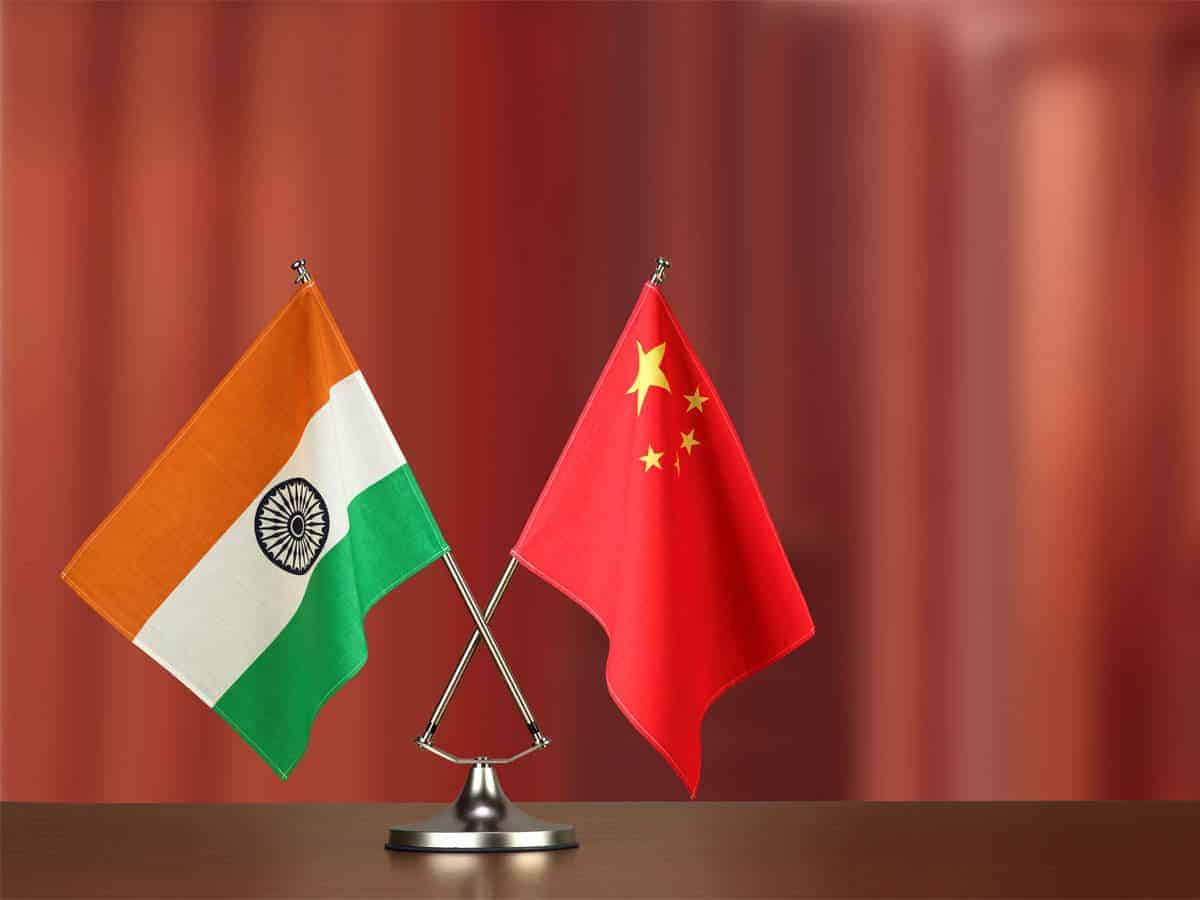New Delhi: India has thwarted China’s provocative military movements to change the status quo at the Pangong Tso in Eastern Ladakh. The troop casualties on both sides are yet to be confirmed. A brigade commander-level flag meeting is underway at Chushul to resolve the issues.
The incident is from the intervening night of Saturday and Sunday. China and India have been engaged in diplomatic and military talks to resolve the disputed border issue in Eastern Ladakh.
In a statement issued, the Indian Army said that on the night of August 29 and August 30, 2020, People’s Liberation Army (PLA) troops violated the previous consensus arrived at during military and diplomatic engagements during the ongoing standoff in Eastern Ladakh and carried out provocative military movements to change the status quo.
“Indian troops pre-empted this PLA activity on the Southern Bank of Pangong Lake, and undertook measures to strengthen our positions and thwart Chinese intentions to unilaterally change facts on ground,” the force said.
The Indian Army also stated that they are committed to maintaining peace and tranquility through dialogue, but are also equally determined to protect its territorial integrity.
China Refuses to move back
China has refused to move back from its present military position north of the Pangong Tso. At Pangong Tso, China has strengthened their positions between Finger-5 and 8. The PLA has refused to pull back eastwards from the 8-km stretch it occupied from Finger-4 to Finger-8 by building scores of new fortifications there since early May.
India has asked China to completely withdraw troops from Pangong Tso.
The mountain spurs jutting into the lake are referred to as Fingers in military parlance.
Both the countries are engaged in around four month long standoff at the Line of Actual Control in Eastern Ladakh. Despite several levels of dialogue, there has not been any breakthrough and the deadlock continues.
India has found that the Chinese side has started troop, artillery and armour build-up in three sectors of the LAC — western (Ladakh), middle (Uttarakhand, Himachal Pradesh) and eastern (Sikkim, Arunachal Pradesh).
China has also mobilised soldiers near Uttarakhand’s Lipulekh Pass, a tri-junction between India, Nepal and China situated atop the Kalapani Valley. India had urged China to remove its forces from Pangong Lake and Gogra where disengagement has not taken place.
Chinese troops are also present in Depsang and they continue to block Indian soldiers from carrying out their traditional patrolling in the region. The two countries are locked in a three-month-long standoff at multiple points along the border, hitherto unprecedented.
China has changed the status quo at the LAC at various places, moving inside Indian territory. India has objected to it and is taking up the matter with China at all levels.
The troop disengagement has happened only at patrolling point-14 in Galwan Valley, the site of the June 15 clash, and patrolling point-15 in Hot Springs.
On June 15, as many as 20 Indian soldiers and an unknown number of Chinese troops were killed in a violent clash in the Galwan Valley.
Chinese aggression started increasing along the Line of Actual Control and more particularly in Galwan Valley since May 5. The Chinese side transgressed in the areas of Kugrang Nala, Gogra and north bank of Pangong lake on May 17 and May 18.

